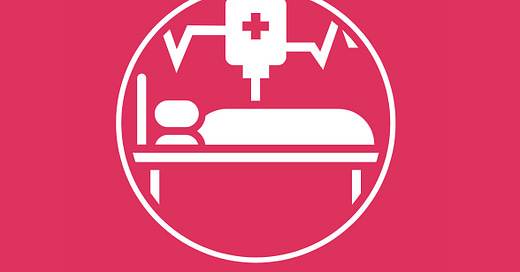Overseas activism forces China to tackle student overwork crisis
Last week, authorities in Zhongshan, Guangdong issued an official directive mandating that all primary and secondary schools delay the start of the new term until February 13, banning all early returns. The crackdown follows revelations—spread beyond China’s Great Firewall by students posting on 611Study.ICU, a project started by overseas activist Teacher Li and named after the phrase "study from 6 AM to 11 PM, and end up in ICU"—that over 2,000 schools had illegally forced students back early for extended study hours. Shockingly, 40% of the exposed schools had cases of student suicide. The exposé triggered public outrage and mounting pressure on local authorities, forcing them to intervene. This is a promising instance of overseas activism successfully inducing policy change within China's rigid system.
Under the widely adopted “Hengshui Model,” students in China endure grueling 6am to 11pm study schedules, referred to in shorthand as “611.” Students who attend a school that implements the "611" school system are required to study at least 102 hours a week. These excessive hours are not solely to improve academic performance, but are also related to financial incentives which drive schools to keep students on campus as long as possible. Schools profit from dormitory fees, mandatory textbook purchases, meal plans, auxiliary educational services, and lucrative contracts for on-campus stores. This commercialized structure exacerbates systemic issues in China's hyper-competitive education system, fueling a widespread mental health crisis marked by increasing student suicides.
The directive in Zhongshan aligns with a growing national pushback against these exploitative practices, which have forced local authorities to act. Chengdu, Hangzhou, and Jiangsu have issued similar bans on early school re-openings. Enforcement, however, remains uncertain. Schools often evade regulations, disguising early returns as “voluntary” study sessions or informal pre-term classes. With local education bureaus judged by university admission rates, compliance with these bans remains unlikely. Rather than mitigating the structural pressures behind extreme study hours, the directive is a reactive concession designed to contain public backlash.
Yet the policy reversal in Zhongshan reveals a deeper truth—international exposure can puncture China’s wall of censorship and compel action. As this case proves, breaking silence has power: not only students, but activists and ordinary citizens bypassing censorship to expose abuses can force local authorities into retreat. While the financial and political incentives behind China’s extreme study regimes so far remain untouched, this episode demonstrates that international visibility is one of the few levers capable of disrupting a system designed to suppress dissent.



